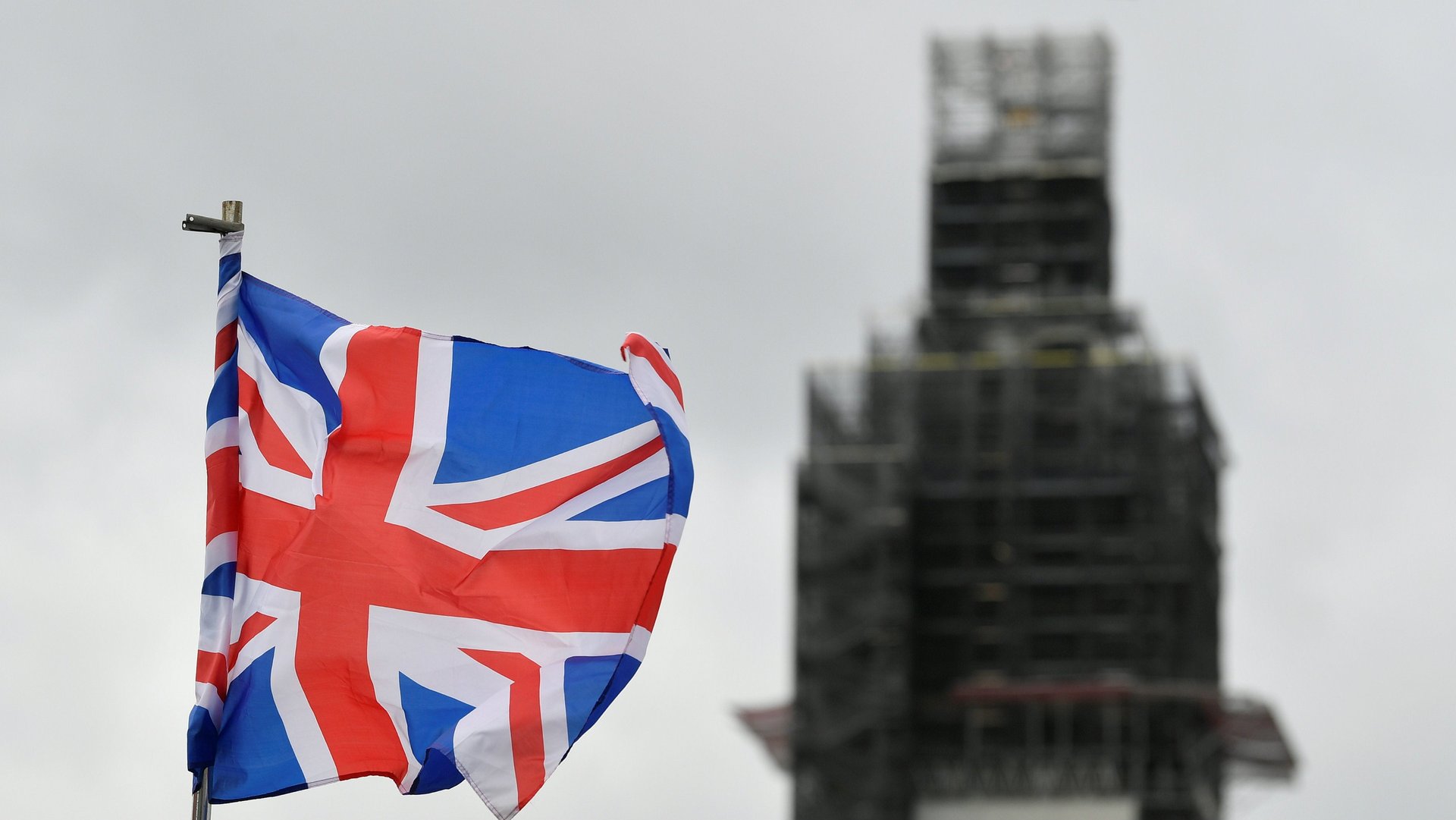What else to watch for in the UK general election
If exit polls are to believed, Boris Johnson’s Conservative Party has triumphed in the UK’s general election, giving it a clear route to passing its deal and ushering in a hard Brexit. But there are other questions to be answered over the evening’s results. Here are a few to look out for.


If exit polls are to believed, Boris Johnson’s Conservative Party has triumphed in the UK’s general election, giving it a clear route to passing its deal and ushering in a hard Brexit. But there are other questions to be answered over the evening’s results. Here are a few to look out for.
Boris Johnson may lose his seat
No sitting UK prime minister has ever lost their own seat in an election. But there’s a first time for everything, and polls show a close race in Johnson’s Uxbridge and South Ruislip constituency against Labour candidate Ali Milani. Johnson is still the pollsters’ favorite—but there would be some poetic justice to the Conservative leader being ousted in this way. His 25-year-old opponent, meanwhile, is pitching himself to progressive voters as the antithesis of everything Johnson stands for. Other Conservative old hands at risk of losing their seats include Dominic Raab and Iain Duncan Smith.
Small victories for the Brexit Party
Nigel Farage’s Brexit Party has vowed to back the Conservatives, and unseat Labour rivals in traditionally working class seats. Winning even one constituency would count as a victory for this maverick hard-right party, which ran with a “contract” rather than a “manifesto.”
The Lib Dems’ play for the center
The Liberal Democrats have all but recovered from their all-but-disastrous coalition with the Conservative Party, which saw voters leaving them in droves. With new leader Jo Swinson at the helm, the party will be looking to pick up seats in an increasingly polarized environment. The middle ground ought to be theirs for the taking, but Swinson’s low popularity could see the party losing even more seats.
Anti-Semitism allegations and the Labour vote
Since coming to power in 2015, Labour leader Jeremy Corbyn has faced dogged accusations of anti-Semitism within his party. (The Tory party, and Johnson in particular, have faced similar allegations, encompassing anti-Semitism, homophobia, Islamophobia, and sexism. These are not expected to have a significant effect on Tory voters.)
The UK’s Jewish population consists of an estimated 250,000 people, in a population of 66 million. At least five constituencies have a Jewish population of more than 10%. Of these, three are currently held by the Conservatives. With many traditionally Labour-supporting Jewish voters vowing to vote for “Anyone But Corbyn,” pundits will be looking to Bury South, with a Jewish population of 10%, and Hackney North and Stoke Newington, with population of 11%, to see the effect of these allegations.
In Bury South, former Labour MP Ivan Lewis is standing as an independent candidate, but he urged voters to back the Conservative Party. In Hackney North and Stoke Newington, which is a Labour stronghold, a loss for the Labour Party would unseat Diane Abbott, the Shadow Home Secretary and its MP since the 1980s. Luciana Berger, the Jewish former Labour MP who left the party after sustained anti-semitic bullying, is hoping to unseat the Conservatives in Finchley and Golders Green as a Liberal Democrat candidate.
Can independent candidates trounce party loyalty?
A number of former party members are standing as independent candidates, including Lewis, and ex-Conservative Dominic Grieve. They will be hoping their popularity with locals can count for more than the opportunity to vote for the prime minister.